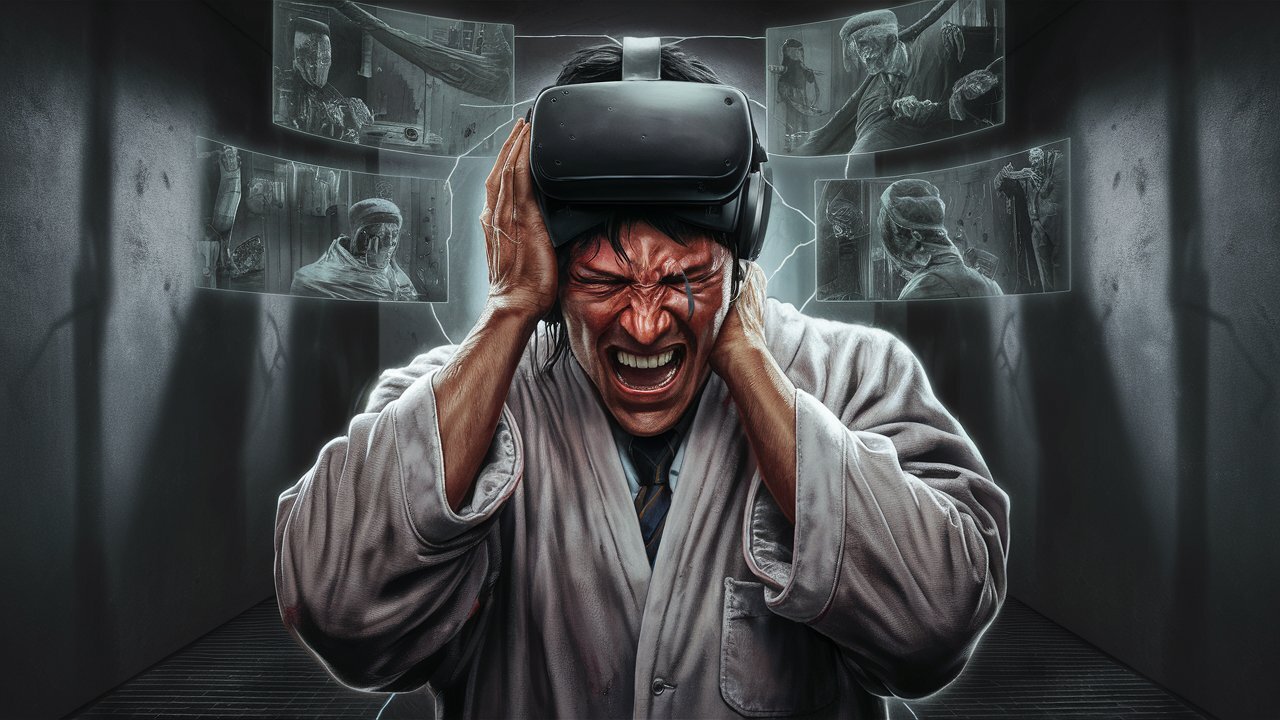According to Al-Ghaili, Cognify will use content created by artificial intelligence. So, instead of being incarcerated for long periods of time, prisoners will be exposed to these “memories” like those of the victims in a virtual environment. The system will send the contents to the prisoner’s brain, as well as DNA and RNA fragments associated with memory formation, so that the prisoner will accurately remember everything he “experienced”.
Although the idea is currently speculative and based on animal studies suggesting that DNA plays a role in memory formation, Al-Ghaili believes human trials could be possible within a decade if “ethical hurdles can be overcome.”
Critics argue that the manipulation of memory and consciousness raises serious questions. Even Al-Ghaili admits that ethical issues need to be resolved before testing can begin.
Source: Ferra
I am a professional journalist and content creator with extensive experience writing for news websites. I currently work as an author at Gadget Onus, where I specialize in covering hot news topics. My written pieces have been published on some of the biggest media outlets around the world, including The Guardian and BBC News.










